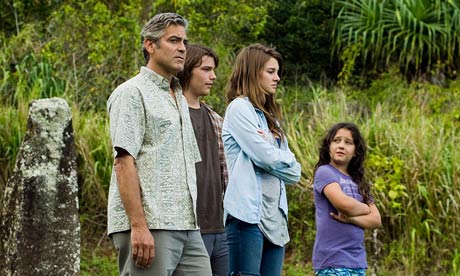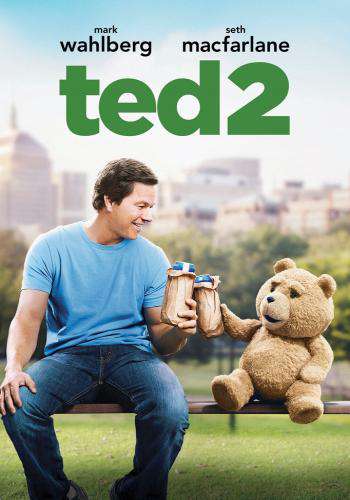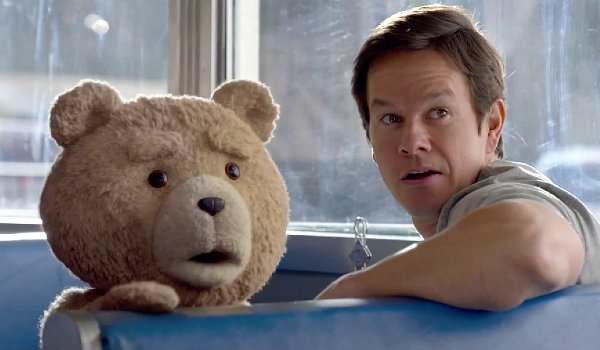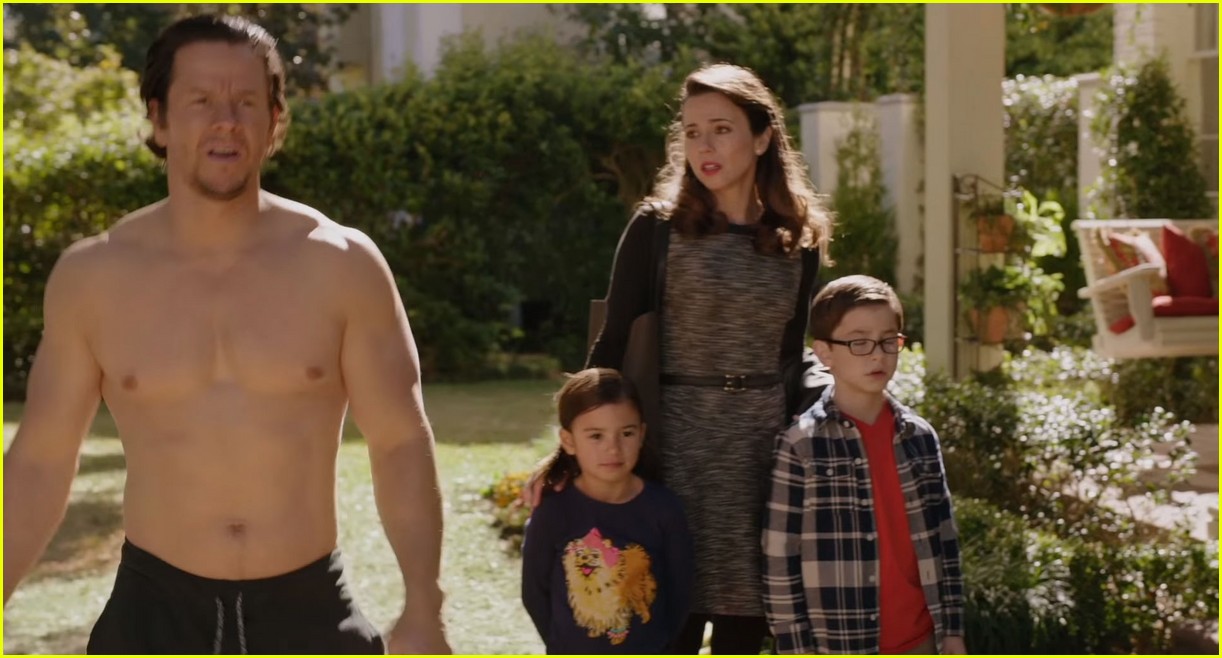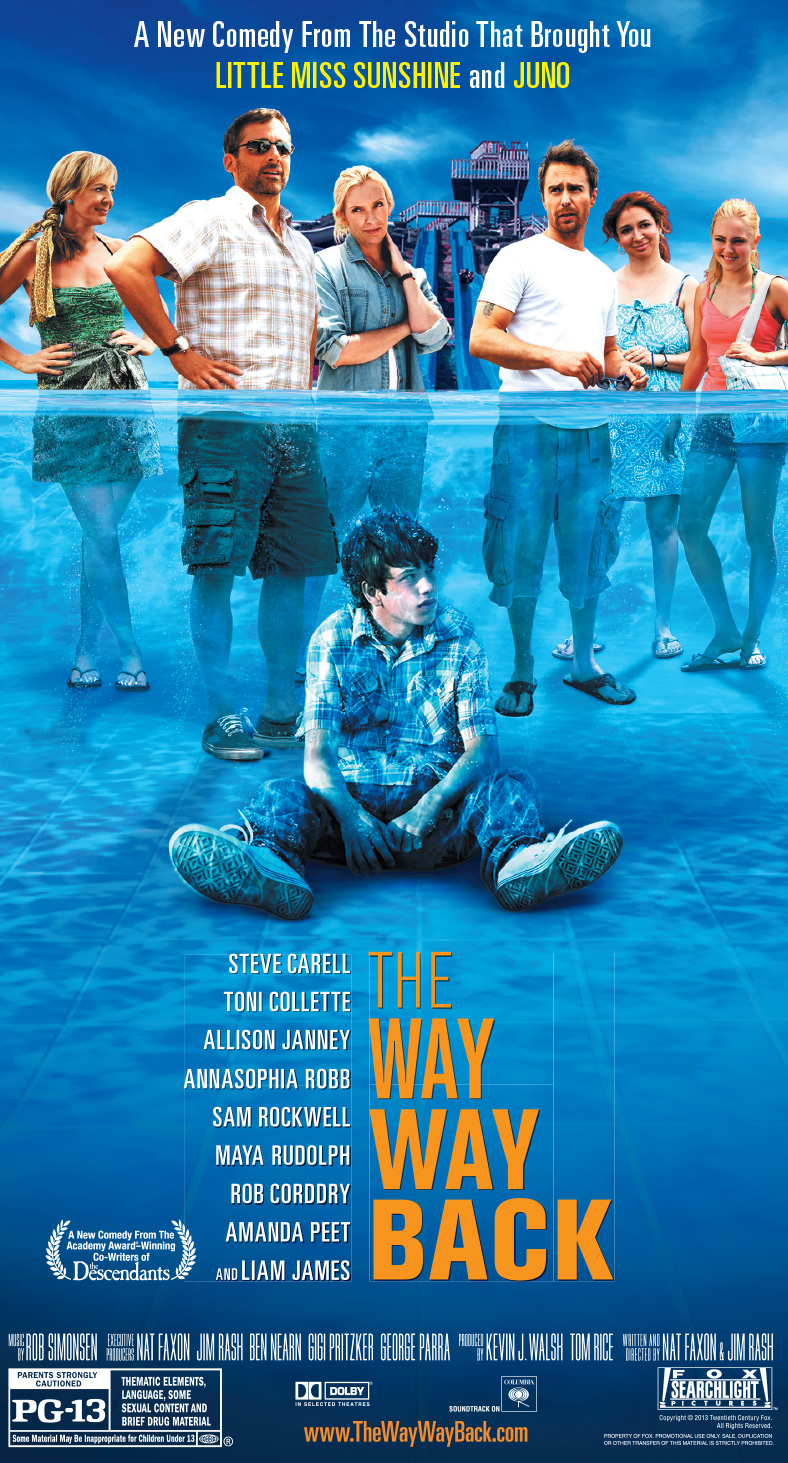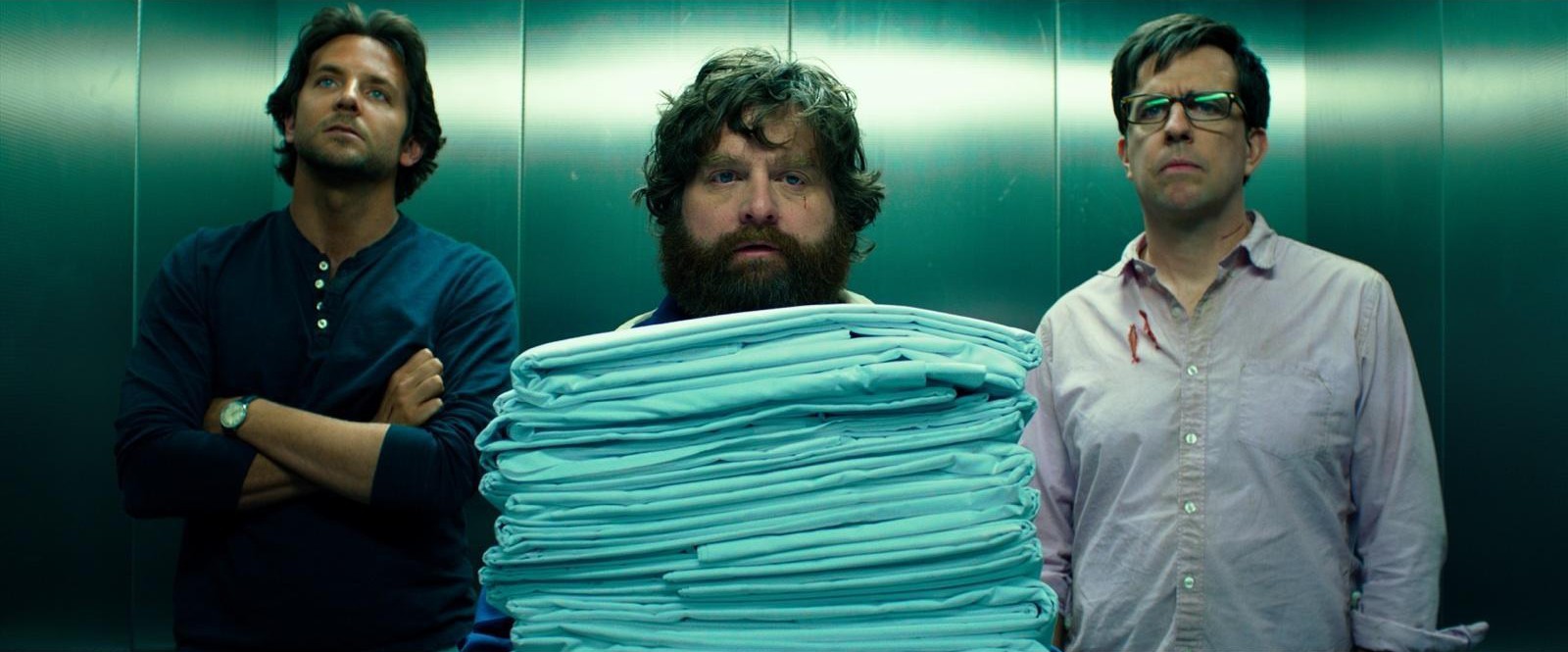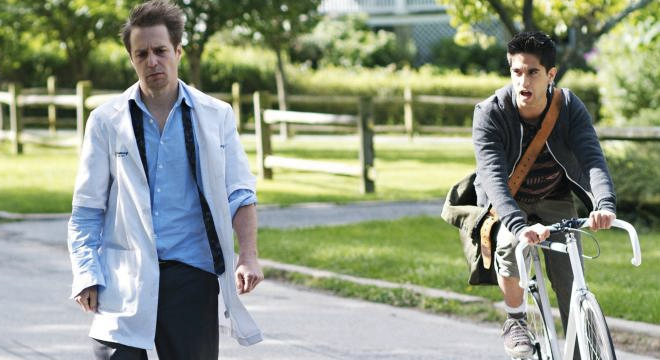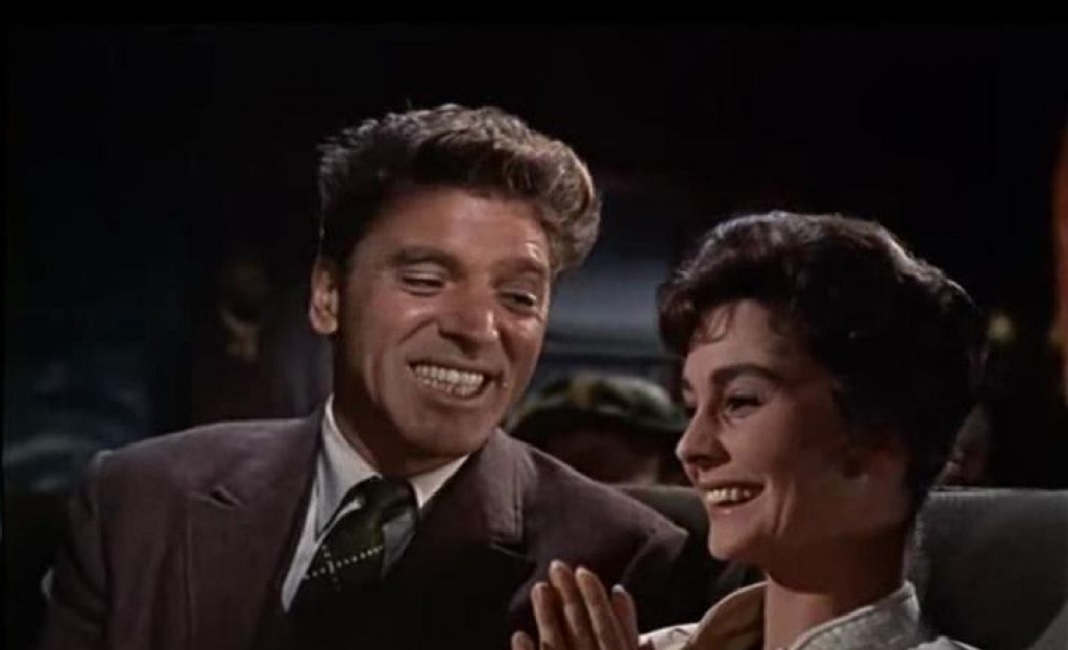
Director and writer Richard Linklater's 2014 drama Boyhood is one of the most ambitious and unique cinematic undertakings I have seen in a long time...this time capsule of one family over a 12 year period is unique because Linklater chose to film the movie over an actual 12-year period, allowing us to see the boy of the title literally grow up before our eyes, at the center of snapshots from significant points in his life; unfortunately, this unique idea does not sustain interest for a film of this size and length.

The film starts off interestingly enough: We meet Mason (Ellar Coltrane) a six year old kid who, along with elder sister Samantha (Lorelai Linklater) watch his mom (Patricia Arquette) and dad (Ethan Hawke) split up, watch his mother return to school and fall for one of her professors (Marco Perella), who turns out to be an abusive alcoholic and eventually carves out a life for herself as a college professor and continuing to smother her children. We watch Mason and Samantha bewildered by some of their mother's choices but still trying to survive the constant moving from place to place as the mistakes the mother cause the children's lives to be uprooted more than once and we get to see Mason's teen angst in direct contrast with the unconditional love he has for his mother, which is in direct conflict with the independent life Mason tries to establish for himself as he graduates from high school and begins college.

Linklater had a really wonderful idea here, but it gets away from him. I initially didn't understand the title of the film because the film starts off focusing on the mother and her poor taste in men but eventually it does come into focus as Mason's story, but I like that the mother and father remain pertinent parts of the story. Usually in stories like this, the biological father's role in the story fades as the story progresses, but bio dad remains a vital part of the story and is even allowed to become a better person as the story progresses and the love of his children is never in question. I also loved the flawed but vividly realistic characters that the mom and dad are, parents who do the best they can, admit when they are wrong, and most importantly, admit when they just don't know.

Sadly, Linklater's screenplay is long and rambling and takes some odd and unmotivated snapshots of Mason's life...there's a scene of Mason being bullied in a high school bathroom that comes from nowhere and has nothing to do with the rest of the story and watching the boy receive a shotgun as a 15th birthday present was just disturbing, but it all went on too long.
Linklater's direction is better than his screenplay and he pulls some first rate performances from his cast, especially Patricia Arquette who won an Oscar and a Golden Globe for her mom, Hawke as the well intentioned dad, and a bone-chilling turn by Perella as mom's second husband. This was a terrific idea but I have to admit that about 90 minutes in, I was checking my watch and I was barely halfway through the movie.
Last edited by Gideon58; 01-09-21 at 04:34 PM.


